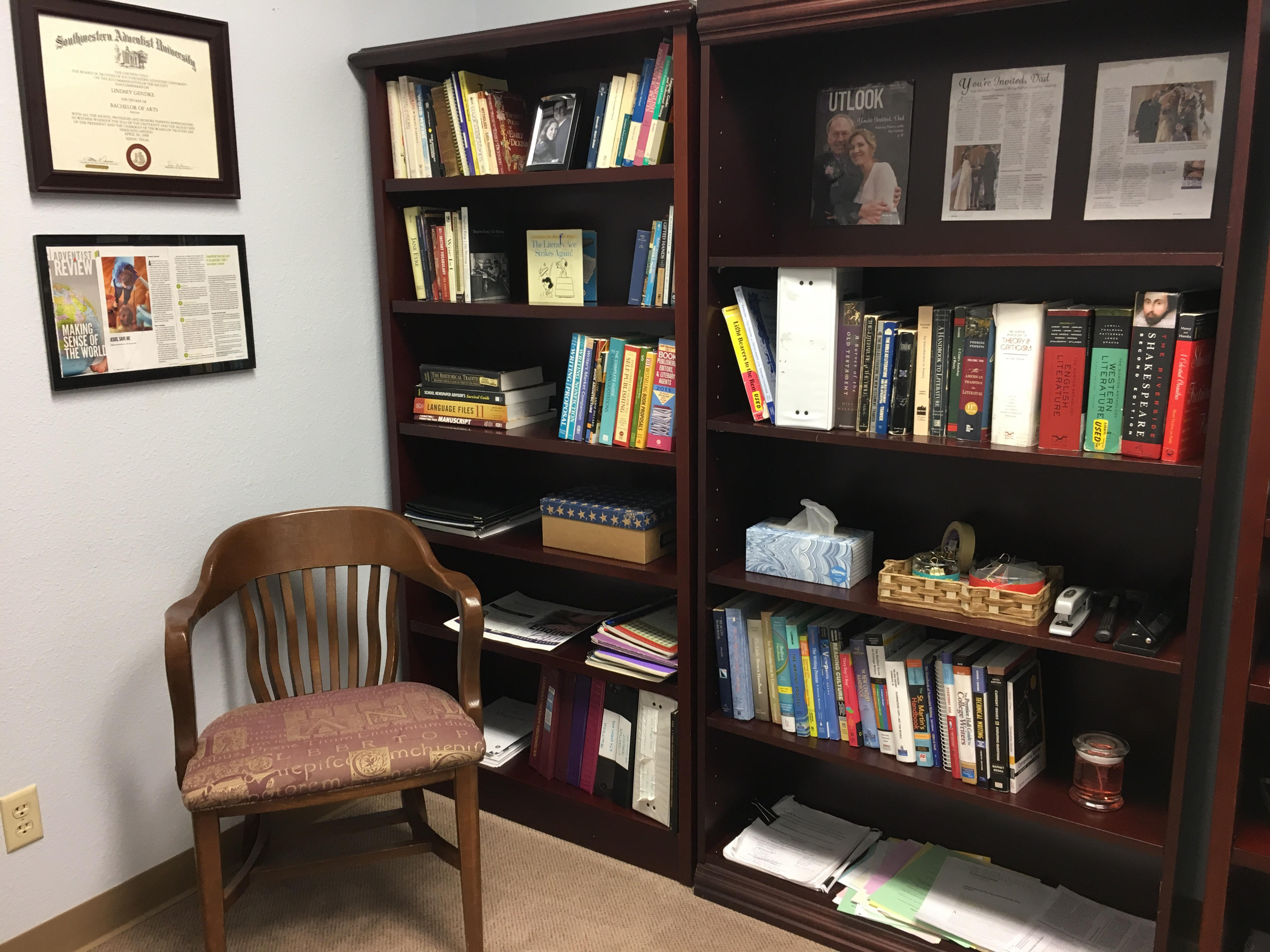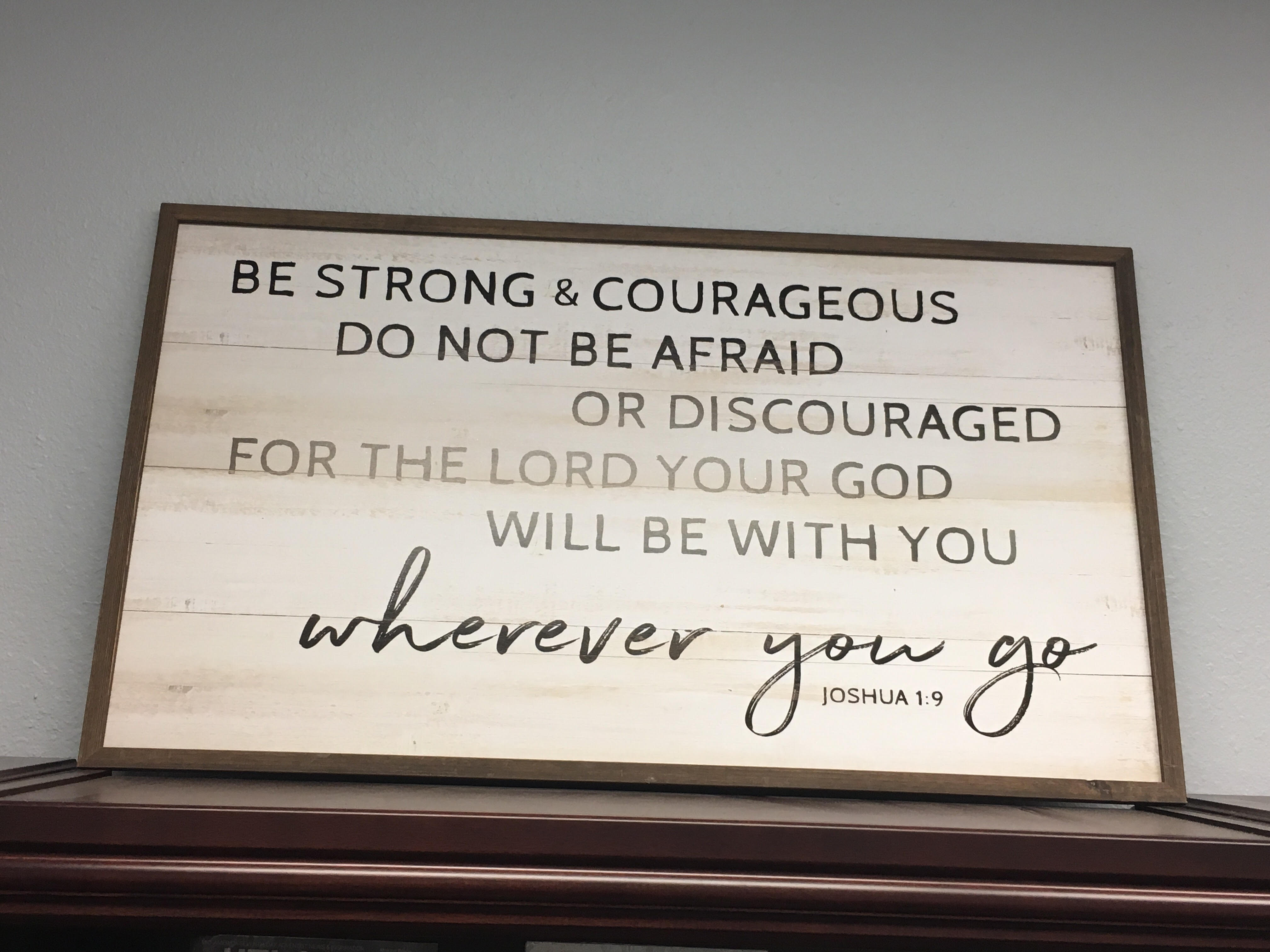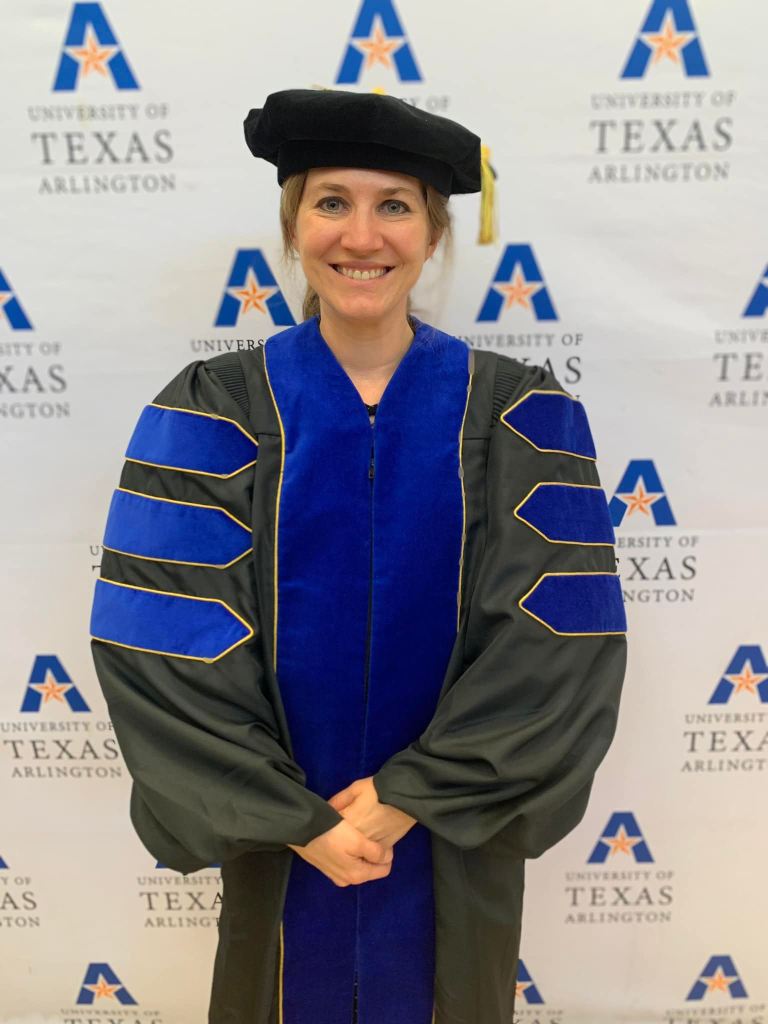
On May 13, 2022, I was awarded my PhD in English. But for me, the letters PHD mean much more than a degree: they equate three types of Permanent Head Damage.
Permanent=no going back
Head=brain chemistry has been changed by mental, physical, or emotional trauma
Damage=what happened hurts. It may continue to hurt the rest of your life
PHD.
Brain Damage Type 1: Trauma
As I mentioned, I did a PhD in English during the height of the COVID-19 pandemic. My areas of research were composition pedagogy, writing as healing, and life writing. Just like it sounds, Life Writing is an umbrella term for all kinds of personal writing; it also covers the kind of writing I’ve done for a long time. Through my research, I made exciting discoveries about the therapeutic functions of life writing; and for my dissertation, I wrote about the benefits of including life writing in the college classroom. For one, I argued that life writing was especially important now, given the increased rates of mental illness these days.
Although my PhD committee directed me to keep my dissertation professional, I very much personalized the topic. How could I not? All throughout my PhD, I struggled with my mental health, as did much of the world. You can read more about that in my only post from 2020.
After researching life writing and healing, I have learned that the root of my anxiety and depression is probably trauma. My brain and my nervous system have never quite forgotten the trauma of earlier life. This is one type of head damage I can speak to: the long-lasting effects of trauma. I still deal with anxiety almost daily, but I’m thankful for many tools I didn’t always have that are helping me through. One of those tools continues to be life writing.
Brain Damage Type 2: the Academic Degree (PhD)
Another type of head damage I can now appreciate is that of doing a PhD. An old joke among academics is that PhDs cause Permanent Head Damage. Now I can attest. Brains change permanently after years of information overload.
Previously a stay-at-home mom, previously a lady who didn’t turn on the news, and previously a high school English teacher who did not understand that sex and gender were two different things (which obviously complicates teaching pronoun usage), I had no idea of the sledgehammers of enlightenment that were about to drop. Entering grad school in 2019, I soon stumbled out of a sheltered forest into the raging streets of Minneapolis post George Floyd (not literally, but through angry class discussions), and the contentious election of 2020. Lots of crazy things were happening in the country and the world–not entirely unprecedented–but my attention to the events was unprecedented.
How thankful I am that my family started visiting a new church in February 2020, several weeks before COVID hit, where my pastor, Philip Sizemore, spoke plainly and directly about world events, and related these events to the Christian life. Now that I was hearing the secular side of the issues in grad school, I needed help making sense of things. It didn’t take writing a dissertation to figure out that our country had turned some drastic corners, from which there would be no going back.
Speaking of dissertations, while I was outwardly writing about life writing in the classroom, I realized I was also writing through numerous personal issues related to media. No, not the news media, but the popular culture I consumed for much of my life through books, movies, music, etc. Throughout my dissertation process, I came to realize that such media consumption can constitute another type of brain damage. I’m not sure what to call this one, but Pastor Sizemore once used the phrase “a seared conscience.”
Brain Damage Type 3: A Seared Conscience
Much of my life has been spent consuming popular culture through classic literature and other media. My mom was an English major who filled our lives with books and library visits. My dad was an avid music lover and movie watcher. There was no shortage of things to watch, read, or listen to in my childhood home, though we were poor in other ways. I grew to love reading and music, and then I completed a BA in English literature, followed by an MA and then a PhD in English.
However, now at the end of it all, I have concluded the following: over these many years of consuming media, I damaged my brain. I would have been much better off without a lot of what is considered “good” media by much of the world.
Okay, you say. So what? What’s the bottom line of this dreary exposition on brain damage?
Takeaways for the Brain Damaged Among Us
The first conclusion I’ve come to is that I can treat and negate brain damage somewhat, but I cannot totally fix it. It will be permanent until Jesus comes back to give the world a new start. And that leads to takeaway number two.
Namely, while we’re still on this earth, it’s good and healthy to talk about permanent brain damage. By that, I mean it’s healthy to talk about life’s hurts. One thing I gained from grad school was many diverse perspectives of others. Oppression, racism, sexism, and similar terms were constant topics of discussion. Through many readings and class discussions, I learned much about traumatic experiences I have not personally lived, and I’m grateful for that broadening, and I will carry those perspectives with me.
I’ll say it again: Everyone’s story deserves to be heard. We don’t often get to choose our stories, and stories that include trauma especially need to be talked about and heard–that’s how healing happens! Sometimes issues even need to be addressed at a societal level, even need to be honored with righteous anger–amen for justice!
But then, after honoring the story, after angering at the appropriate targets, if we actually want healing, a shift must occur.
The third takeaway I have from my PhD is that it’s not healthy to stay angry. It’s not wise to resist healing and reconciliation. However, the mindset I encountered while completing my degree–I’m referring to the mindset of many intellectuals–resists reconciliation. This mindset wants to stay angry, and I contend that this mindset points to some very deep hurts that many will not admit. Rather than looking inward at the pain–a brave and difficult thing to do–this mindset deflects the personal introspection that would actually heal, and instead points fingers at systems and histories and other humans. Sadly, this mindset wants to insist that if there’s a problem, it’s not with me, it’s with somebody else.
While there are a lot of somebodies to blame–and sometimes rightly so–I think the healthiest, wisest line of attack must also include humility. True intellectuals will embrace a healthy skepticism both of the world and of themselves; they will accept that “I” am not beyond criticism. True intellectuals will realize that, even though the world may be an unjust place (of course it is!), perhaps I might need to do some personal growing and changing and healing along with everyone else.
Sadly, this is not an attitude many in our world seem willing to adopt these days–perhaps because this requires submission to a higher power, and admission that we are not ultimately in charge of our own lives (nor are we capable of fixing the world’s problems). Far from it. Sadly, when we don’t submit to a higher power, we cannot ultimately help ourselves with our brain damage. Worse yet, by not getting help for our pain, we often perpetuate the damage in others.
After my Permanent Head Damage, I have emerged with a final conclusion: a person can look really smart in the eyes of the world, yet still miss out on the only knowledge that really matters–knowledge of the Author of Universe. Personally speaking, I hope that conclusion never applies to me. Now that I am a “professional intellectual,” I hope and pray I will always use my hard-earned knowledge to serve and obey Him. After all, He’s the only one who can permanently heal my, and your, and the world’s damage (Revelation 20). Now that sounds way better than any solutions I’ve heard down here.
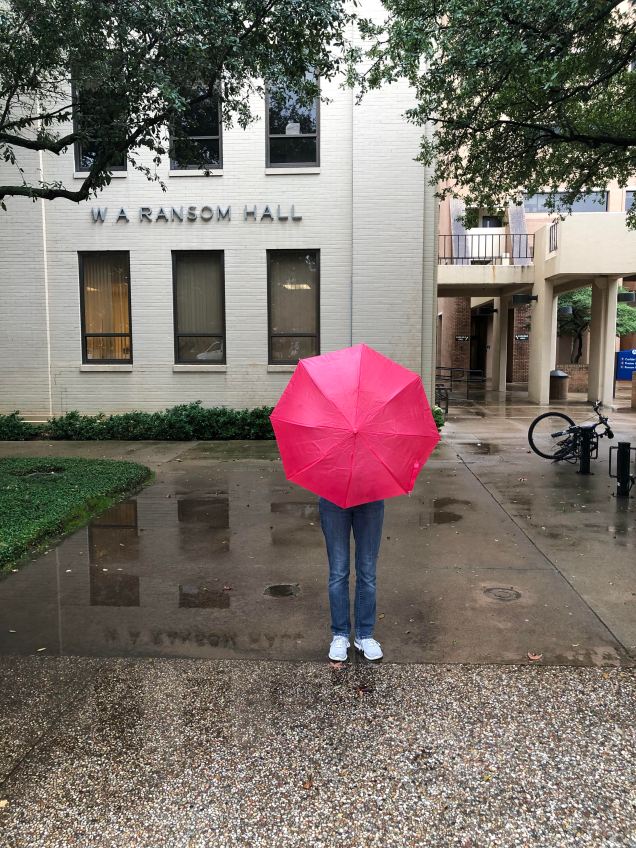 While teaching freshman composition at UTA last semester, I got to teach on a subject that is near and dear to my heart: college students and mental health.* The subject is near and dear to me, of course, because
While teaching freshman composition at UTA last semester, I got to teach on a subject that is near and dear to my heart: college students and mental health.* The subject is near and dear to me, of course, because 
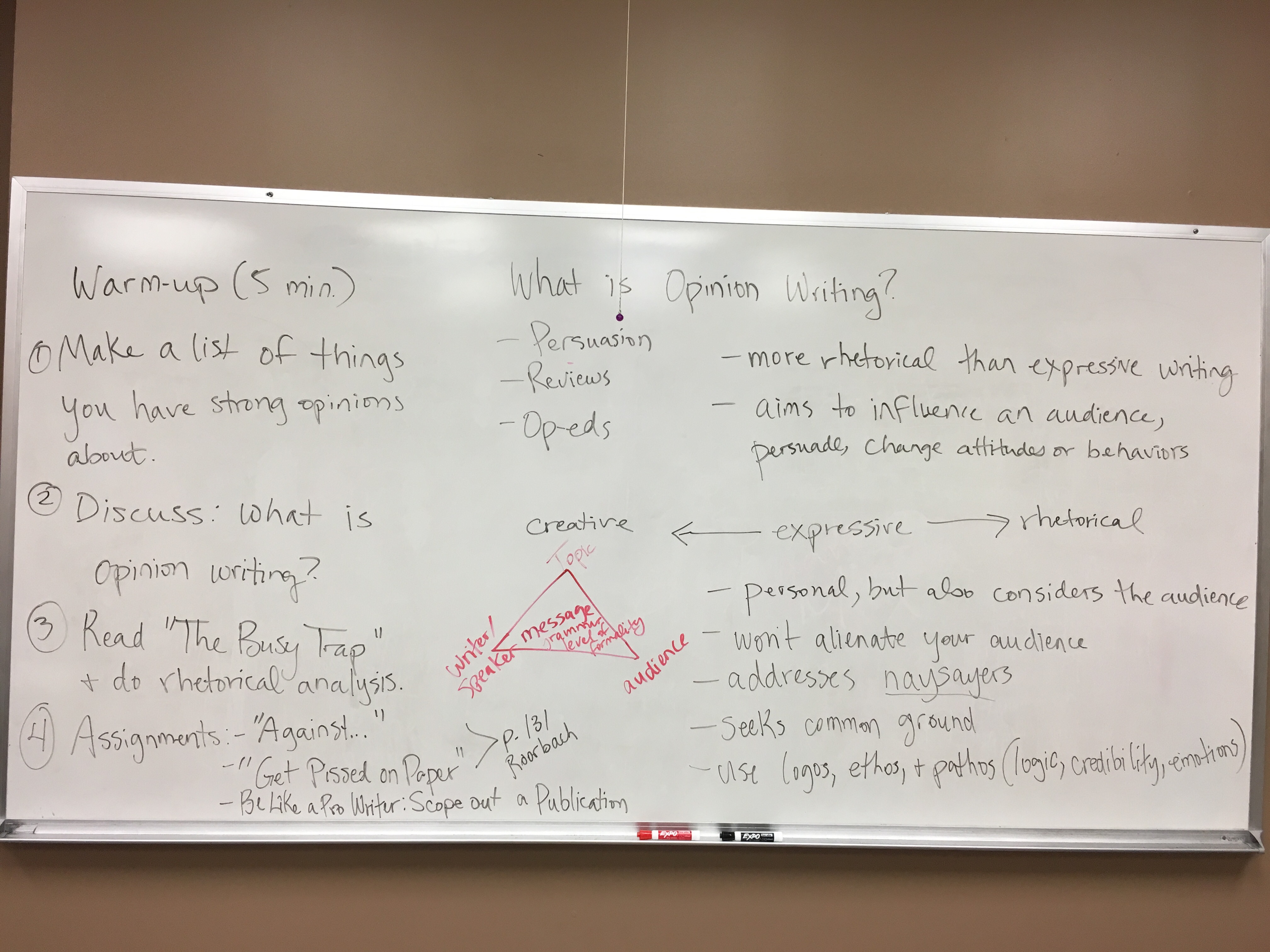


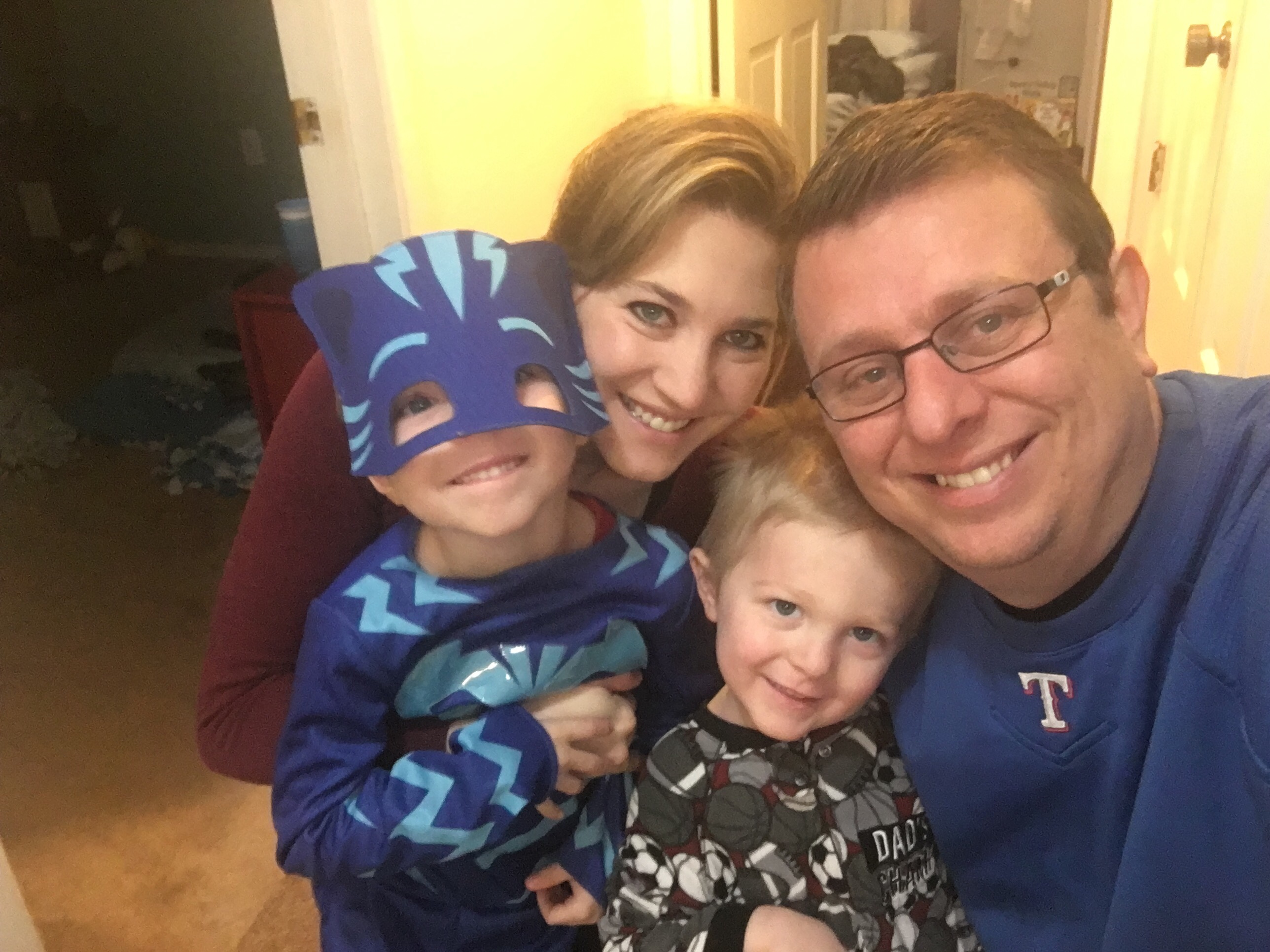
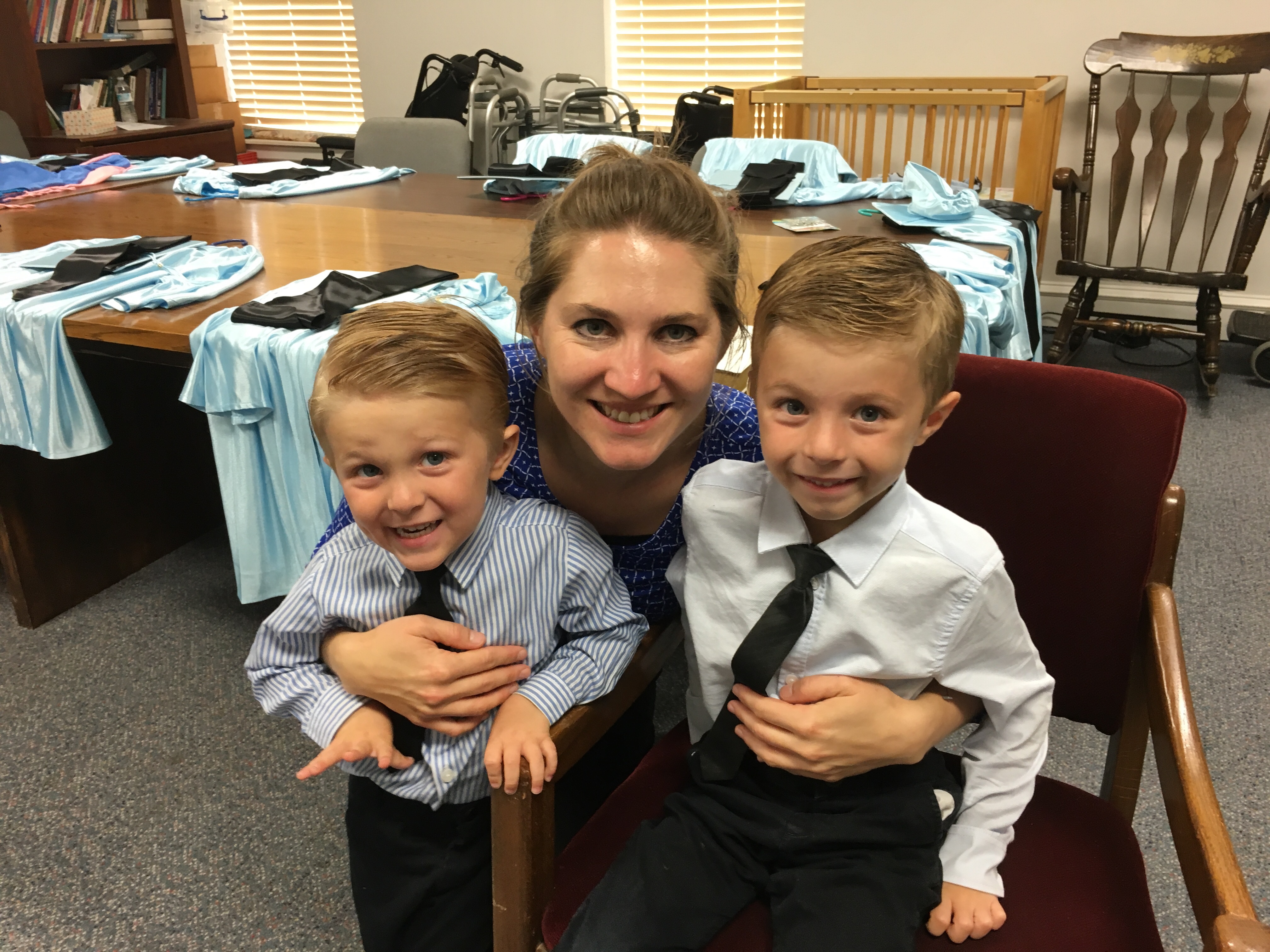

 If you missed the news, I got a full-time position teaching college English at my alma mater,
If you missed the news, I got a full-time position teaching college English at my alma mater, 